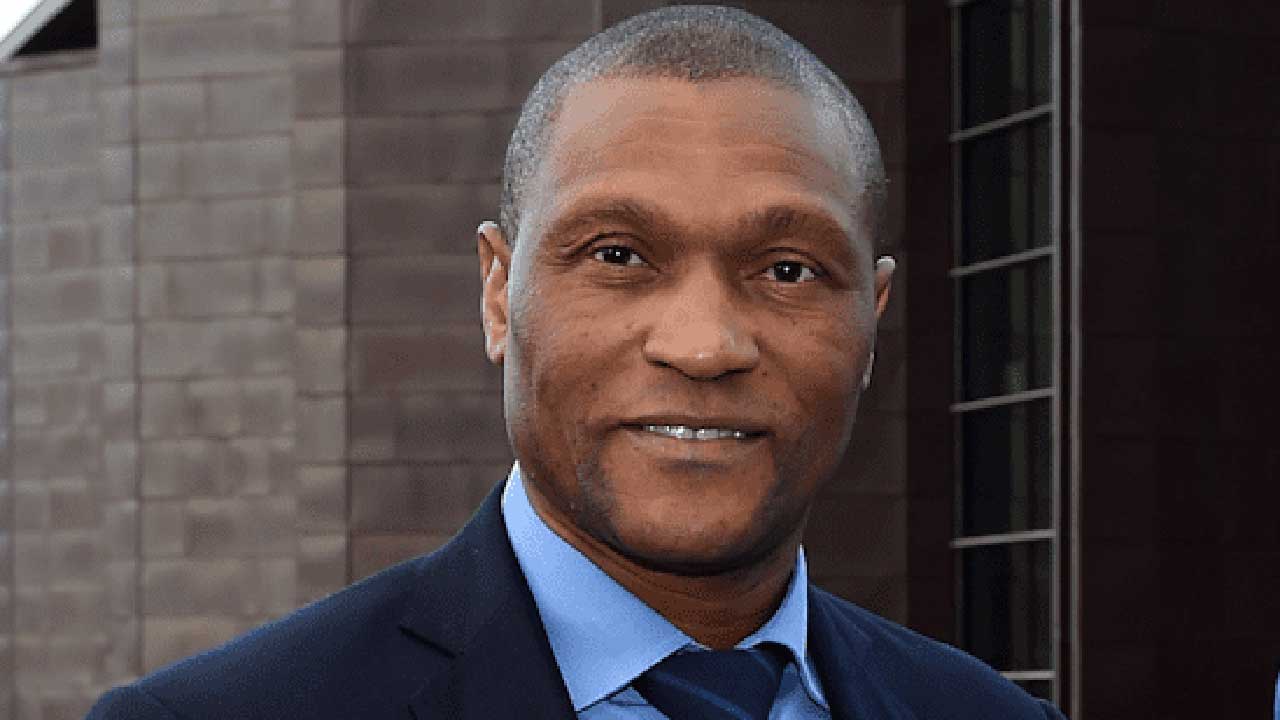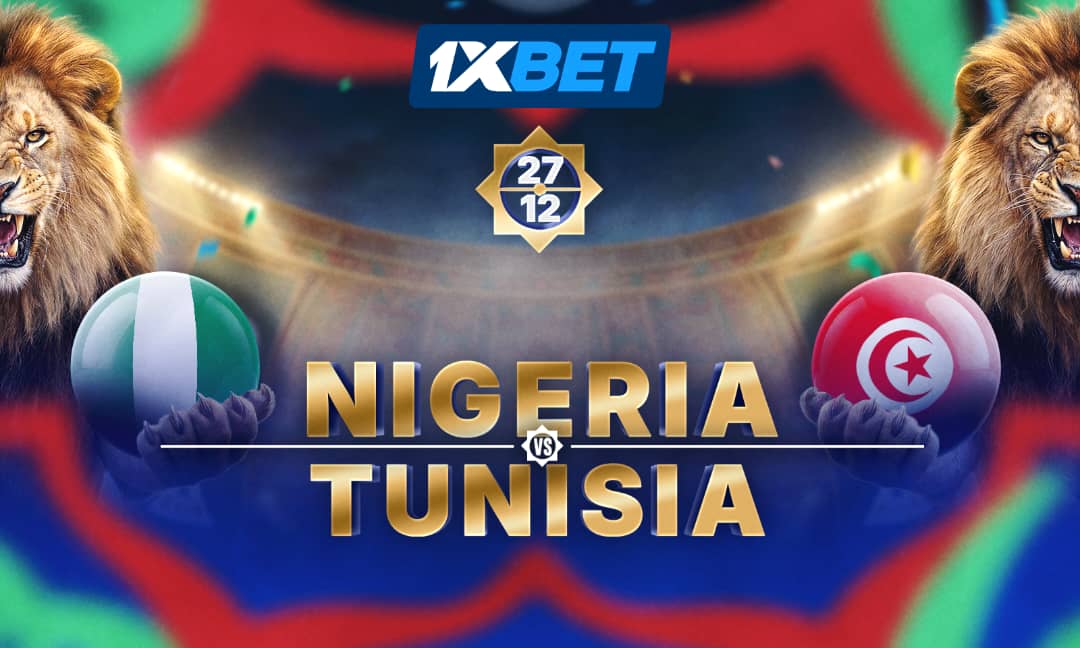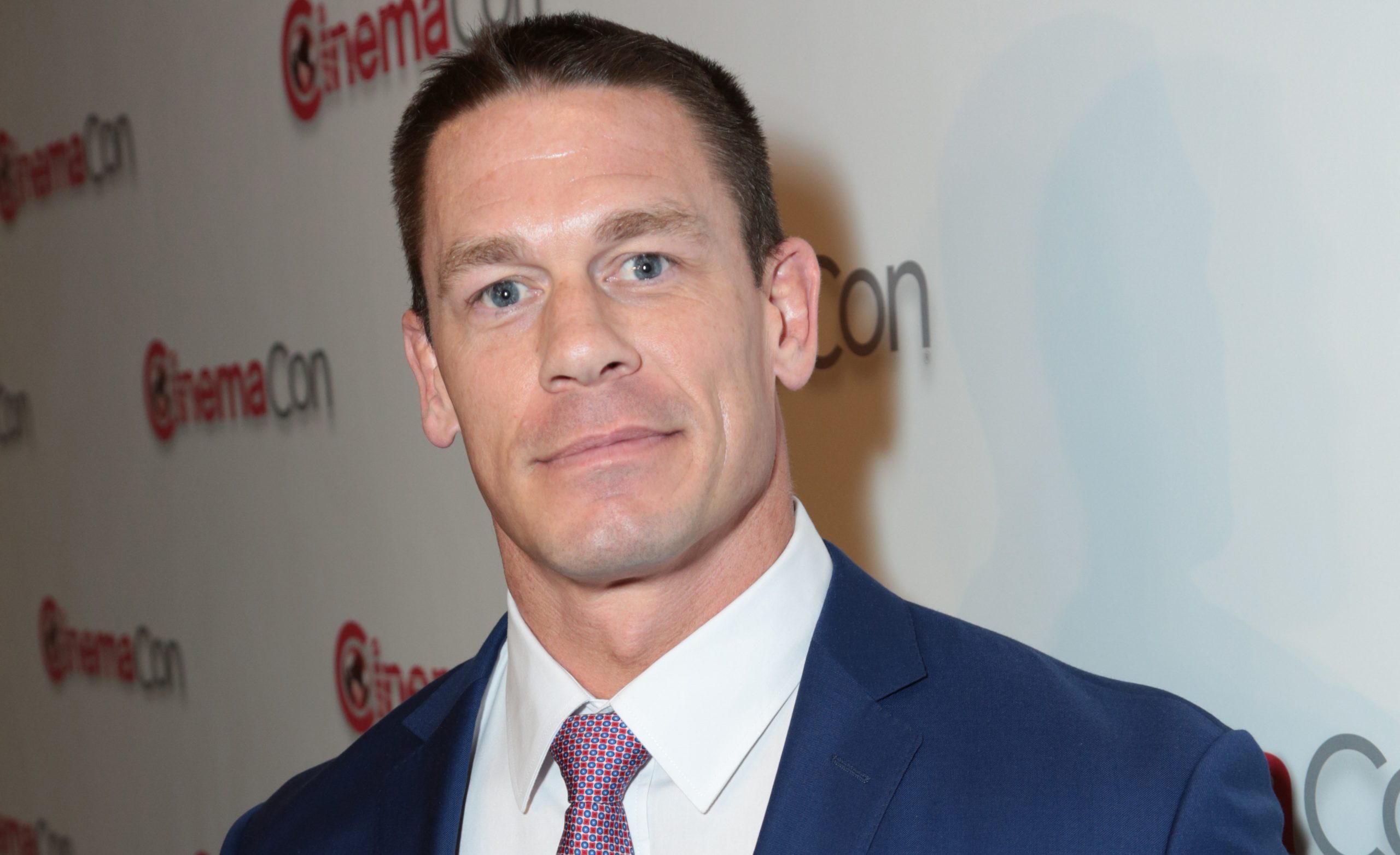
With some sports administrators of Nigerian origin doing great things across the world and standing shoulder-to-shoulder with some of the best in the world, many are in awe that the country’s sports are still dogged by poor administration. CHRISTIAN OKPARA writes that poor recruitment system, corruption, and politics are among the problems hampering sports administration in the country.
Nigeria is a country blessed with enormous human and material resources. That explains why there are many Nigerians excelling in different spheres of human endeavour in almost every major country of the world.
Some of these professionals can be seen even in sectors not commonly associated with Nigeria.
Early this year, the Kingdom of Saudi Arabia appointed Nigeria’s Enefiok Udo-Obong, as the head of its new Athletics Development Programme. The implication is that Udo-Obong, whose first official duty was to study the Kingdom’s athletes at the recent Paris 2024 Olympic Games, has the responsibility of overseeing and spearheading a revolution in Saudi Arabia’s athletics, which is expected to yield world-class stars for the Middle East country.
Specifically, Udo-Obong, like Innocent Egbunike, who for many years plied his trade in many Gulf countries, is expected to ensure that Saudi Arabia produces athletes who will compete for medals at the Los Angeles 2026 Olympic Games.
It is a multi-million dollar programme, which saw athletics coaches and managers from different parts of the world vying for the position that was eventually won by the Sydney 2000 Olympics gold medallist.
Before Udo-Obong moved to Saudi Arabia, another Nigerian, Michael Emenalo, a former Enyimba, Enugu Rangers, and Super Eagles star, won the task of producing the most lucrative football league in the world in Saudi Arabia.
Emenalo’s task, apart from overseeing the recruitment of top professionals from across the world to the nascent Saudi League, also involves developing a football culture that will produce top indigenous stars for the Kingdom and also growing the league to rank among the best football competitions anywhere in the world.
This job came after Emenalo’s sojourn at Chelsea Football Club, London, England, where he served first as assistant coach before he became technical director and chief of football operations.
Today, the USA 1994 World Cup star is one of the most important football persons in Asia, and by implication, in the world.
There is Seyi Olofinjana, a former Super Eagles midfielder, who is now one of the most sought-after football team managers in Europe.
Olofinjana, who played his club football first with Kwara United before moving to Brann of Norway, from where he transferred to Wolverhampton Wanderers, in the English Premier League, started his management career at Wolves, where he was academy director, and Loans Pathway manager before he moved to Swiss club, Grasshoppers as sporting director.
A chemical engineering graduate of the Ladoke Akintola University, Ogbomoso, Olofinjana is now a consultant to many football clubs and other sports management outfits in Europe.
A former Commonwealth and African table tennis champion, Atanda Musa, has for many years been at the forefront of the sport’s development in the United States. Apart from working with American youths in the table tennis development program, Musa also tutored such renowned personalities as Susan Sarandon, Drew Barrymore, and Nancy Pelosi, among others, in the sport.
In basketball, Nigeria’s Masai Ujiri is one of the best managers of the game, leading the Toronto Raptors to the NBA title in 2019.
The former Denver Nuggets and Orlando Magic official, who won the NBA Executive of the Year in 2013, apart from basketball, is one of the most influential sports personalities in the world.
The world over, there are many Nigerians in important sports management positions, even though some of them are identified as citizens of other countries.
However, while they are excelling in different capacities for other countries, sports administration in their country of origin has been one of the impediments to the growth of the sector.
In the last 10 years, Nigerian sports have been deteriorating such that the gains recorded in the 1980s up to the late 1990s and the potential of its large youth population have been negated by poor administration.
Recently, the country returned from the Paris 2024 Olympic Games without a medal when such African countries as South Africa, Kenya, Egypt, Algeria, Tunisia, Mozambique, Botswana, and Ethiopia won several medals, including numerous gold medals, at the same event.
In the past, basketball, football, athletics, and boxing, among others, were the core events that yielded medals for the country at international championships.
Boxing gave the country its first medal at the Olympic Games in Tokyo, in 1964, while the country became Africa’s first team to win the Olympic football gold medal, in 1996.
In sprint and jumps, Nigeria was formerly ranked among the best four countries alongside the United States, Britain, Jamaica, and Bahamas up to 2004. But all that is now in the past because the leadership of the sector has failed to build on the foundation laid by its predecessors.
To correct the situation, stakeholders say that the Federal Government has a lot to do to put the sector on the right path and ensure that such things do not happen again.
They advocate a reform of sports administration by ensuring a level playing field for qualified technocrats to seek positions on the boards of various sports federations.
After taking a cursory look at the scenario, the Permanent Secretary, Edo State Ministry of Sports, Dr Emma Igbinosa, said that the problem lies with the Nigerian system, which does not allow the best candidates to get into leadership positions.
According to Igbinosa, the system is so skewed that only a few individuals have the opportunity to get to top administrative positions, which in effect hampers the development of the sports sector.
“They say that as you lay your bed, so shall you lie on it. In almost all countries of the world, you will see Nigerians excelling in different sectors of the economy. Check in the United States and see what Nigerians are doing in science and technology. After the Jews, Nigerians are the next moving force in science and technology in the United States.
“So, the problem is not that we don’t have people with serious managerial abilities, it is just that the system is not supporting growth.
“If our system does not change, things are not going to change. Check the NBA in America, outside Americans and Canadians, the next highest number of players are Nigerians. Even in administration, we have Imeh Udoka and Masai Ujiri doing very well. But if you bring them to Nigeria, they will not excel because of the system.”
Until we change the system to allow qualified people to get into administration, our sports development efforts will not yield the desired results.”
A former Enyimba defender, Ifeanyi Okereke, said sports administration in Nigeria is like a cult, which only a few people are allowed to get into.
According to Okereke, one has to be “an insider” to be able to enter into football administration in Nigeria. “What I mean is that unless you are in their clique, you cannot even be an FA chairman in your state, not to talk of getting into the Nigeria Football Federation (NFF) board.
They operate a top-to-bottom system, where the NFF board members are returned every four years by a congress made up mainly of states’ FA chairmen. The re-elected NFF board members, in turn ensure that the FA chairmen are returned as compensation for that.
“It is only in Nigeria that elections don’t start from the grassroots to the topmost positions.
The player’s unions have been clamouring for a change, but the congress has refused because any change in the system will affect their existence.”
For a former Senior Special Assistant to Lagos State Governor on Grassroots Sports Development, Prince Wale Oladunjoye, the problem rocking the sector lies in the structure of the Nigerian sports administration.
He said the country did better when the sector was administered by the defunct National Sports Commission (NSC) as against the sports ministry, which allows politicians to handle purely technical matters.
“Nigeria was one of the best five nations in world football when we qualified for our first World Cup in 1994 through the National Sports Commission (NSC) without a sports ministry. At the Olympics two years later, we won two gold medals because we had a smaller National Sports Commission. I think there is a problem in having the ministry.
The president of the Nigerian Triathlon Union (NTU) said there are many educated and well-travelled administrators willing to come in to serve the nation, unfortunately, the system allows for some people to perpetuate themselves in office even when they are no longer able to do the job.
He said: “We want to get where others are without going through the rudiments. What we have been doing that is wrong is that we don’t believe that we have to train our most valuable players across the sports by exposing them to top-flight training programmes that will make them ready to take over from the current coaches.
“What we have now is that the current coaches do everything to see that they remain in office even when they no longer have anything to offer. They stop the more educated younger ones from coming to take over from them. It didn’t start today.
“I remember when we arranged to change our national volleyball coach because he was aging and couldn’t meet up with the pace of the game. We brought in good coaches from the volleyball-playing states, but that exercise was truncated and we could not employ the coach we wanted. It happens like that in all the various sports.
“The systematic recycling of coaches is part of the problem. This should be the fifth time that Cerezo, Austin Eguavoen, is in the Super Eagles.
“I am sure that many of the other sports do not have authentic coaches. These other sports are not on the front burner because people are not looking at them. Look at what happened to boxing at the Olympics, where the coaches who trained the boxers to qualify for the Olympics were removed for others who did not know the characteristics of the boxers. That is the corruption in the system, but we must a have system that ensures that desired coaches are developed properly for the job.”
Another issue that has been driving good administrators away from Nigerian sports, according to Prince Olagundoye, is the way that Nigeria treats those who make sacrifices in the service of the country.
“I felt so disillusioned sometime ago when our own dear ‘Chairman,’ Christian Chukwu, made a startling revelation that 19 years after serving the country, he is yet to be paid his entitlements. Who will hear that and still want to come to serve the country?”
He said another problem that sports administration in Nigeria is facing is “our inferiority complex when it comes to employing coaches. Take the way we treated Finidi George recently. It would have been different if Finidi was a white man.
“When we played against Algeria in the Nations Cup in 1990, they beat us 5-1, but we gave Clemens Westerhof a chance and he took us to the final where we lost even though our genuine goal was disallowed. But we discarded Finidi after just two games. The coach they brought to be Finidi’s boss was a nobody when he was playing…We have little or no regard for ours. See how all our stars in athletics, basketball, and other sports have been left to go away without requisite recognition. It is not a curse to be a Nigerian? There is something that is undermining our administrators. Why do foreign coaches run away from Nigeria after experiencing the way that we operate? Once they see the way we are, they run away.”
According to Prince Oladunjoye, before now, boxing and athletics were manned by top-quality administrators that overshadowed football in terms of popularity. These people ensured the development of these sports such that they became attractive to sports lovers, he said, adding, “All these are gone because we have not paid attention to coaches’ development.”






